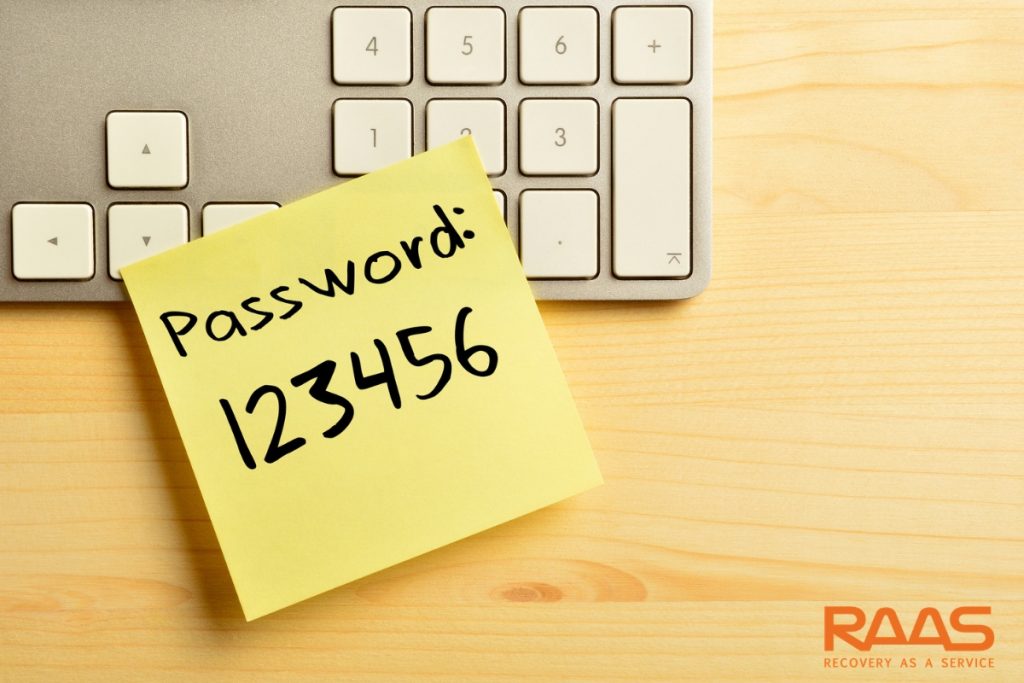Everyday we deal with passwords and we don’t even think about how important they are. When we have to create a new password, imagination fails us and we often use equal passwords in all accounts we have and we choose combinations of basic letters and numbers that could easily be discovered. However, many crimes related to password theft today result in fraud, bank robbery, and so on. It is increasingly important to protect information in our day-to-day lives. In today’s article, we leave you the best security tips to protect your passwords!
Different passwords for each site
It is easier to use the same password for all purposes, but the truth is that if you always choose the same combination of letters and numbers you run a greater risk of seeing your information stolen. The first rule is to choose a different password for each online service you use!
Change passwords frequently
Your passwords should not be the same forever! It is advisable to use a new password every 90 days. To remember to change it, you can use the Outlook alerts service, for example. What is important is that passwords change regularly and, in the case of the password for institutional emails, this should be a mandatory rule for all employees.
Create long passwords
Your password must be at least 8 characters long. In addition, you should always mix uppercase letters with lower case letters, numbers, and special characters. The probability of hitting a complex password is greatly reduced. Another important factor: never use passwords related to you, such as your date of birth, your initials, or your car’s license plate number. These passwords are the most obvious and should be avoided.
Do not use whole words
Do not use whole words written normally, either in your language or in another foreign language. There are software that can find passwords looking for combinations with all existing words. Make up words that make sense to you (such as “My car is yellow”, which would become MCIY). This way, it is easy for you to memorize the password and make it hard for hackers to work!
Never save passwords in browsers
When we first enter a site with a password, the system asks if we want to save our information. Never record passwords in browsers, especially on computers that are not yours. In addition, you should still log out whenever you leave the website. Often, people just close the browser, but that is not correct; you must log out of all the sites where you have entered your passwords.
Beware of storing passwords
If you need to save your passwords, save the file to a removable device and leave it well away from your computer! Never store your passwords on your computer in decoded files and never leave a password written on paper!

